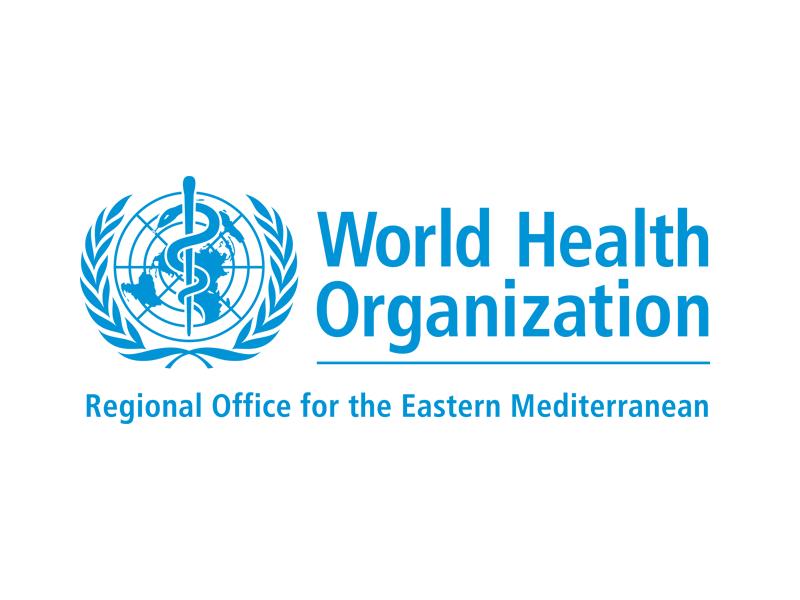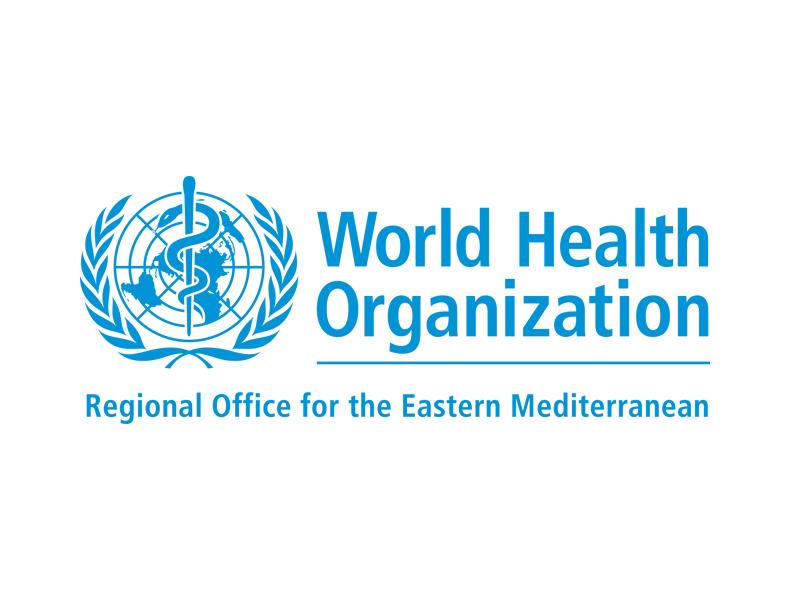
12 October 2022, Cairo – Climate change is now regarded as the greatest global health threat of the 21st century. Human activities continue to cause environmental pollution and loss of biodiversity, factors that are leading not only to the emergence of new diseases but to the redistribution of existing ones.
A side event at the 69th session of the WHO Regional Committee for the Eastern Mediterranean discussed a regional framework based on WHO guidance to enable health care systems and facilities to become climate resilient and environmentally sustainable by optimizing the use of resources and minimizing the release of waste into the environment.
It also emphasized the importance of ensuring clean and efficient energy supplies; water, sanitation and hygiene (WASH) services; waste management; occupational health and safety; food safety; air quality and chemical safety in moving towards climate-resilient and environmentally sustainable health care facilities
The side event outlined additional COVID-19 environmental health burdens, described current WASH and environmental management systems used in health care facilities, and summarized evolving best practices and solutions for reducing the impact of pollution on human and environmental health.
Ways to develop low-carbon and low-emission health care facilities were also discussed, alongside promoting an equitable, healthy and green recovery from the COVID-19 pandemic. Premature deaths from unhealthy environments
Exacerbated by climate change, environmental risk factors are increasingly being driven by a range of ecological, social and economic threats. They include conflicts, pandemics, fragile ecosystems, deteriorating environments, unsustainable development, rapid urbanization and weak and fragmented environmental health monitoring and surveillance systems.
Environmental and climatic risks are responsible for around 23% of the total burden of disease in the Eastern Mediterranean Region. It is estimated that 1 million people in the Region die prematurely every year as a result of living and/or working in unhealthy environments. More than half of such deaths are attributable to air pollution. The other half is due to chemicals and other occupational exposures, lack of access to water and sanitation and other environmental risks. In addition, more than 100 million people in the Region fall ill every year from foodborne diseases, with an estimated 40 000 people (mostly children) dying as a result.
Ministries of health in 11 countries and territories (Bahrain, Egypt, the Islamic Republic of Iran, Jordan, Morocco, occupied Palestinian territory, Oman, Pakistan, Tunisia, United Arab Emirates and Yemen) have announced their commitment to making their health systems and facilities both climate resilient and environmentally sustainable. More countries are expected to follow suit, enhancing the ability of health care systems and facilities in the Region to protect and improve the health of communities in an unstable and changing world.











